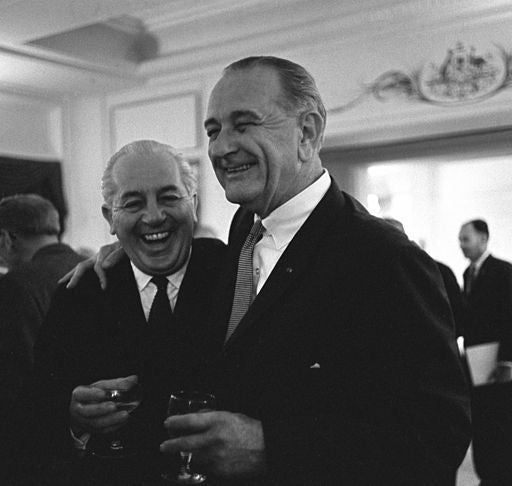This article was published in Scientific American’s former blog network and reflects the views of the author, not necessarily those of Scientific American
With the presidential debates leaving many wondering how any of this could have happened, one part has been predictable--they’ve been accompanied by drinking games. Those drinking their way through tonight’s presidential debate with more tolerance for their booze than opposing views can opt to steer the conversation away from what's on the screen to what's in their glass to debate the theories on how some alcohols became known as spirits.
“Spirits” can refer to an eclectic mix of terms--a human soul, a disposition, a member of the Holy Trinity, or even a distilled alcoholic beverage. So how did some alcohols start being called spirits? That depends on how the origin of the word “alcohol” is traced.
Most believe the word “alcohol” originated in the Middle East since the prefix al is a definite article in Arabic--the debate is about which word it stems from, either al-koh’l or al-ghawl.
On supporting science journalism
If you're enjoying this article, consider supporting our award-winning journalism by subscribing. By purchasing a subscription you are helping to ensure the future of impactful stories about the discoveries and ideas shaping our world today.

President Lyndon Johnson and Harold Holt, the former prime minister of Australia, enjoy a spirited conversation. Not all alcohols are considered spirits, typically they have to be distilled to categorized as one. Credit: Yoichi Robert Okamoto Lyndon Baines Johnson Library and Museum
One theory is that the word alcohol is derived from al-ghawl. This is the most straightforward way to link alcohol and spirits, as the word means spirit. It’s referenced in The Qur’an--verse 37:47 mentions al-ghawl to refer to a demon or spirit that produces intoxication.
The other theory links it to ancient eyeliner. Please allow me to explain. The black mineral stibnite is very fine powdery substance that was once used as an eyeliner. Known as al-koh’l (koh’l means to stain, paint) it was created through sublimation. Because the process somewhat resembles distillation, some believe it became a generalized term for distilled substances. “Alcohol” was later used specifically to mean ethanol, with the essence or spirit released through the distillation process.
This may be the more credible theory, as The Oxford English Dictionary lists al-koh’l as the origin for “alcohol.” It notes the word was incorporated into the English language during the sixteenth century. During that same century, “spirit” began to be used to refer to the intoxicating beverage. Here are some examples from the dictionary on their usage:
“They put betweene the eye-lids and the eye a certaine black powder...made from a minerall brought from the land of the Fez and called Alcohole....” (Sandys .trav 67, 1615)
By extension to fluids of the idea of sublimation: An essence, quintessence, or spirit, obtained by distillation or rectification; as alcohol of wine, essence or spirit of wine. (1672, Philosophy Translation)
The pure Substance of anything separated from the more Gross. It is more especially taken for a most subtil and highly refined Powder, and sometimes for a very pure Spirit: Thus the highest rectified Spirit of Wine is called Alcohol Vini. (1706, Phillips, Alcahol or Alcool)
Of course, there are the undecideds out there that think it could have been either al-koh’l or al-ghawl. They point to their similarity in sound, speculating this could have led to confusion between the two words when they were transliterated over the years--something that is very easy
two dewto do.